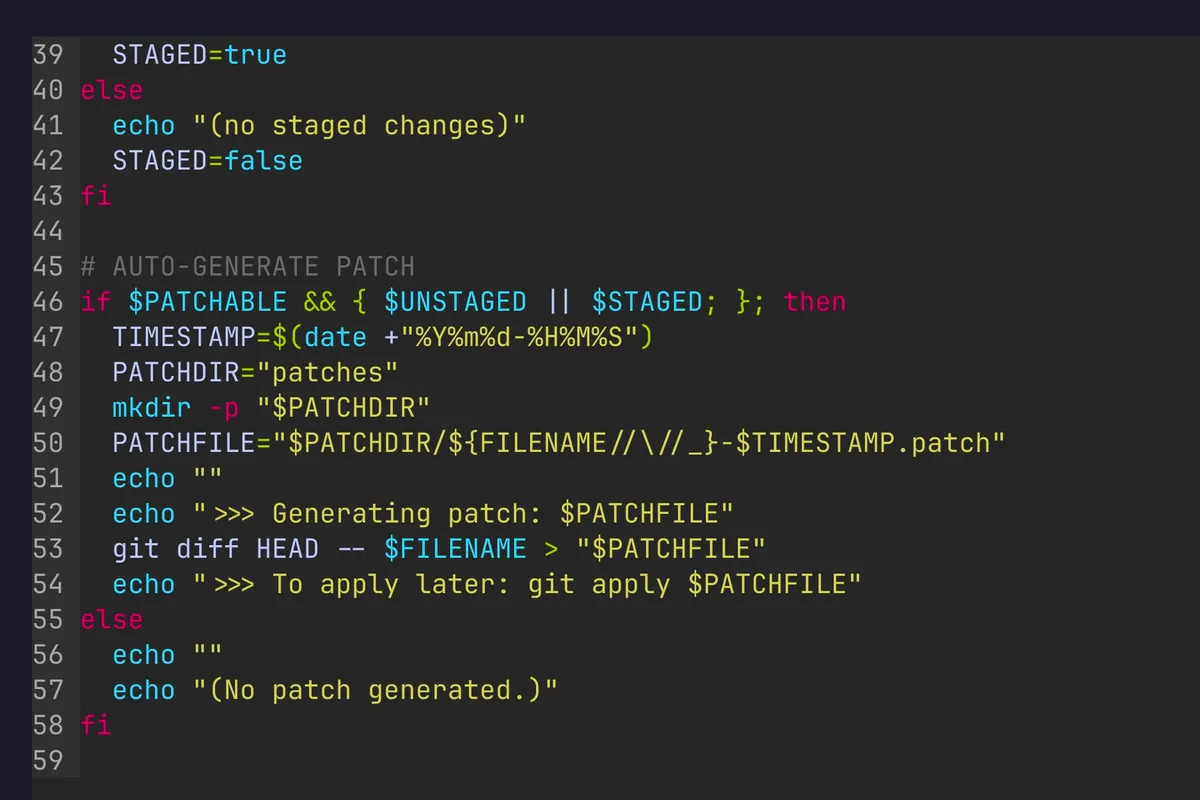
Odd Word, Odd Place
- David Hamilton
- July 7, 2025
- 2 mins
- Reflection
- code personeum psychology retry
In programming, there’s a beautiful, odd-sounding word: idempotent.
You’re really gonna have to stick with me on this one
It means: you can do something more than once, and the result stays the same.
No damage. No error. Just quiet stability.
In shell scripting—which I use to make Git less annoying—this idea shows up in a simple flag: -p.
mkdir -p patchesRun that command, and it creates a folder called patches. But if that folder already exists? No problem. It doesn’t crash. It doesn’t overwrite. It just… keeps going.
The -p technically stands for parents, but honestly, it could stand for permission. Permission to try again. Permission to repeat an action without wrecking anything.
A Surprising Application to Psychology
Now imagine: what if a behavior in your life were idempotent?
You set a boundary. You reach out. You return to a good habit.
And instead of guilt, or system failure, or overthinking—you just get… stability.
Emotionally idempotent actions are the quiet stabilizers of a good life:
- Reaching out, even if it wasn’t perfect the first time
- Saying “no” again, after already saying it once
- Returning to a routine after drifting away—without shame
These are the psychological equivalents of mkdir -p.
They say: you already made the move—you’re allowed to do it again.
Learning idempotence in code reminded me of something deeper:
Growth doesn’t always look like blazing forward. Sometimes it’s the quiet, repeated choice to try again—without fear.
And honestly?
That’s the kind of code I want to live by.